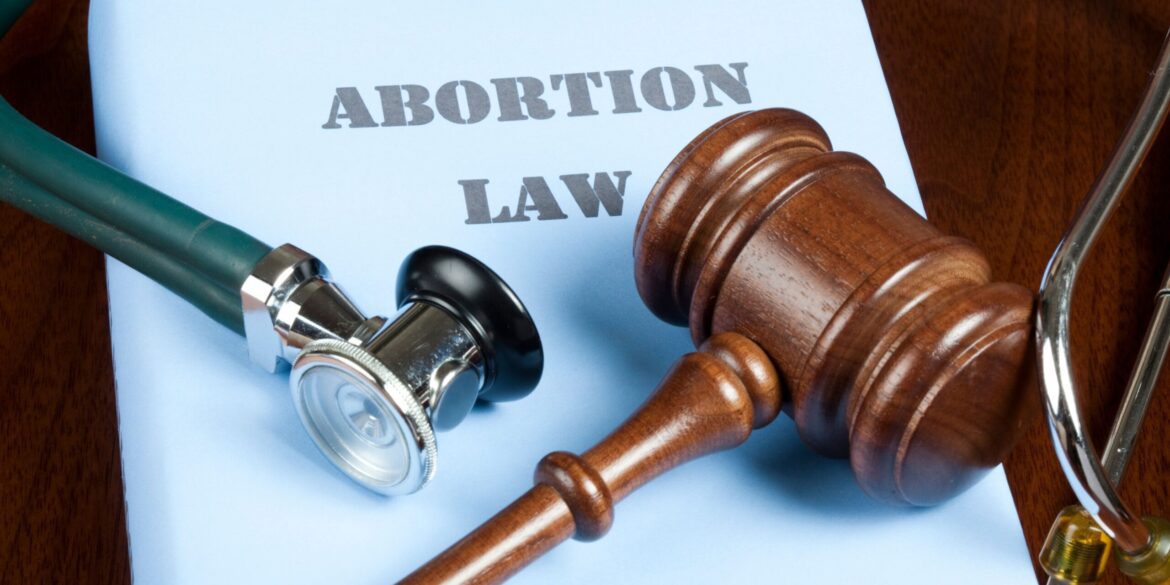Tallahassee, FL, USA – On February 18, 2022, Florida Republican legislators introduced a highly controversial bill aimed at restricting abortion access in the state. The bill, formally known as the “Human Life Protection Act,” proposes banning most abortions after six weeks of pregnancy, a measure that aligns with the recent surge of restrictive abortion laws being introduced across the country.
The bill, spearheaded by state Senator Kelli Stargel and Representative Erin Grall, both prominent Republican figures in the Florida legislature, also seeks to impose tighter regulations on clinics that provide abortion services. Under the proposed legislation, women seeking abortions would be required to undergo mandatory counseling and an ultrasound examination, with additional waiting periods and parental consent required for minors seeking an abortion.
Senator Stargel, a staunch pro-life advocate, expressed her commitment to passing the bill, stating, “We believe that life begins at conception, and we are fighting to protect the unborn.” The bill has quickly gained support from pro-life organizations and conservative groups, such as the Florida Family Policy Council, which argue that the new restrictions will better safeguard the health of women and protect unborn children.
Polling data on the proposed law has shown divided public opinion. A survey conducted by the University of Florida found that 48% of Floridians support the restrictions on abortion after six weeks, while 42% oppose it. These results suggest that while the bill has substantial backing among conservatives, it also faces significant opposition, particularly among more liberal and progressive voters who view the measure as an infringement on women’s reproductive rights.
Opponents of the bill argue that a six-week limit on abortion is unreasonably restrictive, as many women may not even realize they are pregnant by that time. Medical professionals have also raised concerns about the potential impact on women’s health, citing the importance of providing access to comprehensive reproductive healthcare and the dangers of forcing women to carry pregnancies to term under potentially unsafe conditions.
The introduction of the bill comes at a time when abortion rights have become a central issue in American politics, particularly following the Supreme Court’s decision to hear a case challenging Roe v. Wade. Florida’s move to impose stricter abortion laws could signal the state’s intent to take a more aggressive stance on reproductive rights, positioning it at the forefront of the nationwide debate.
As the bill makes its way through the state legislature, both supporters and detractors are closely watching Florida’s actions. The outcome of this legislation could have far-reaching implications for abortion rights in the state, as well as influence the ongoing national conversation surrounding reproductive freedom.

